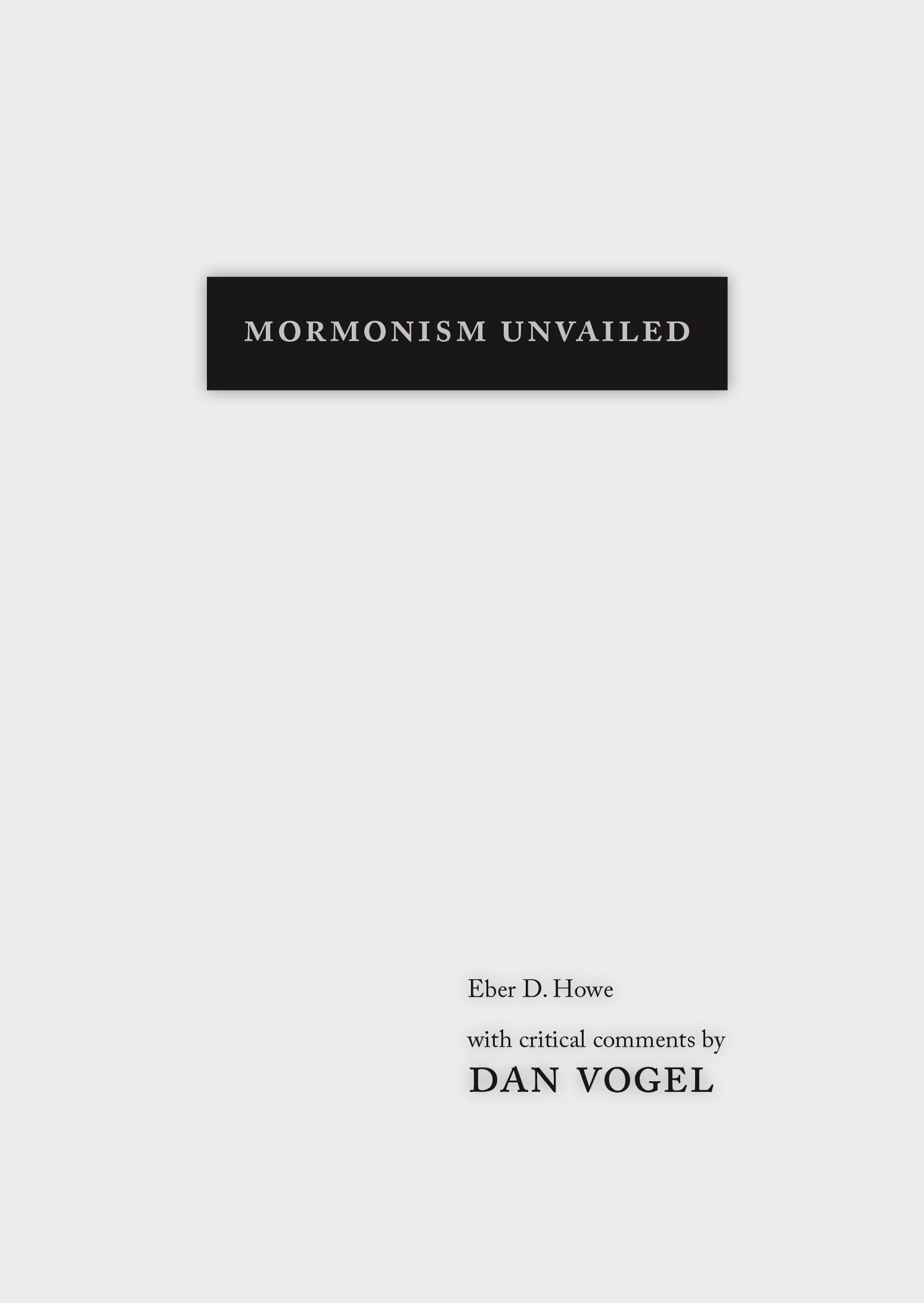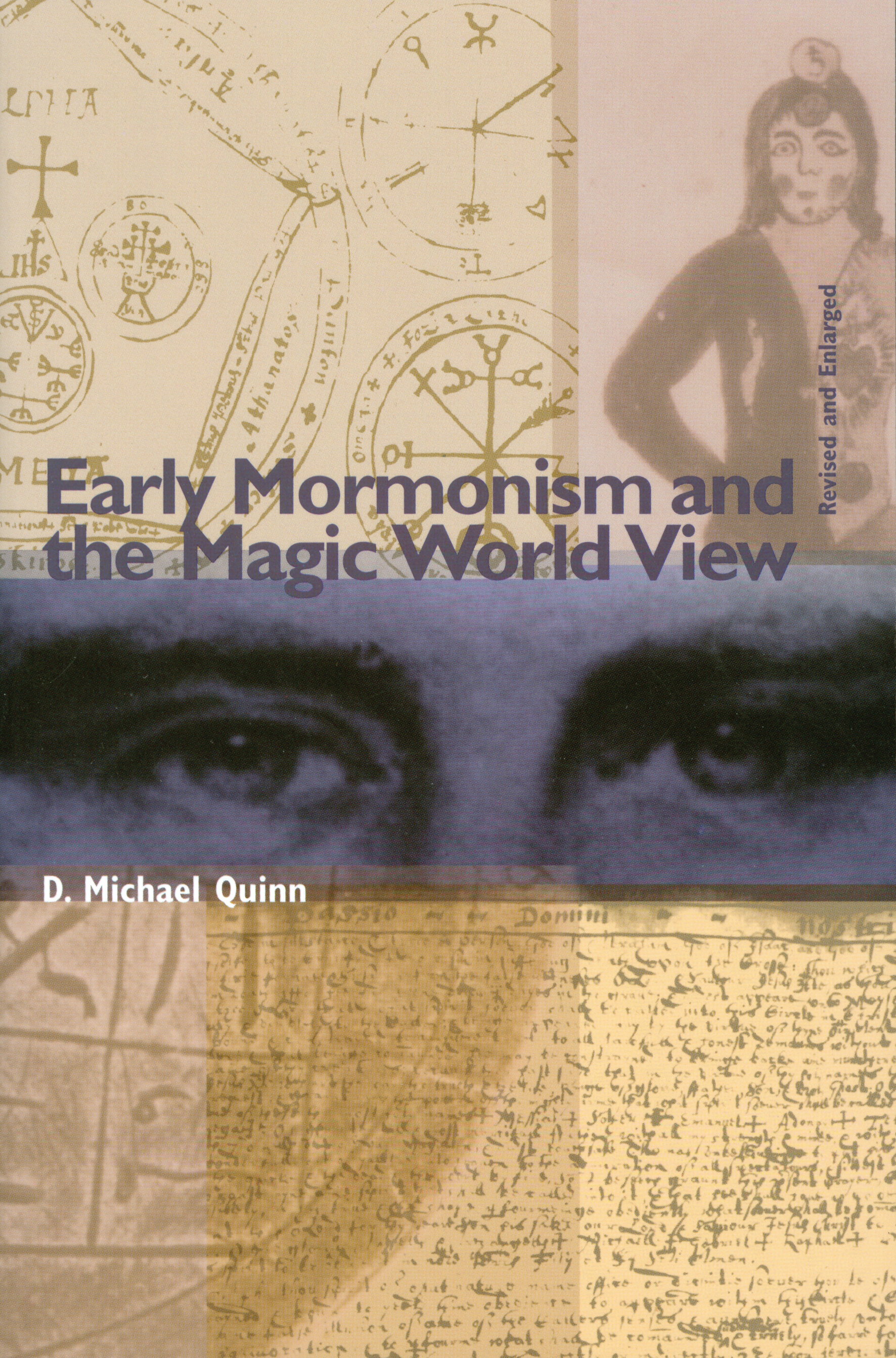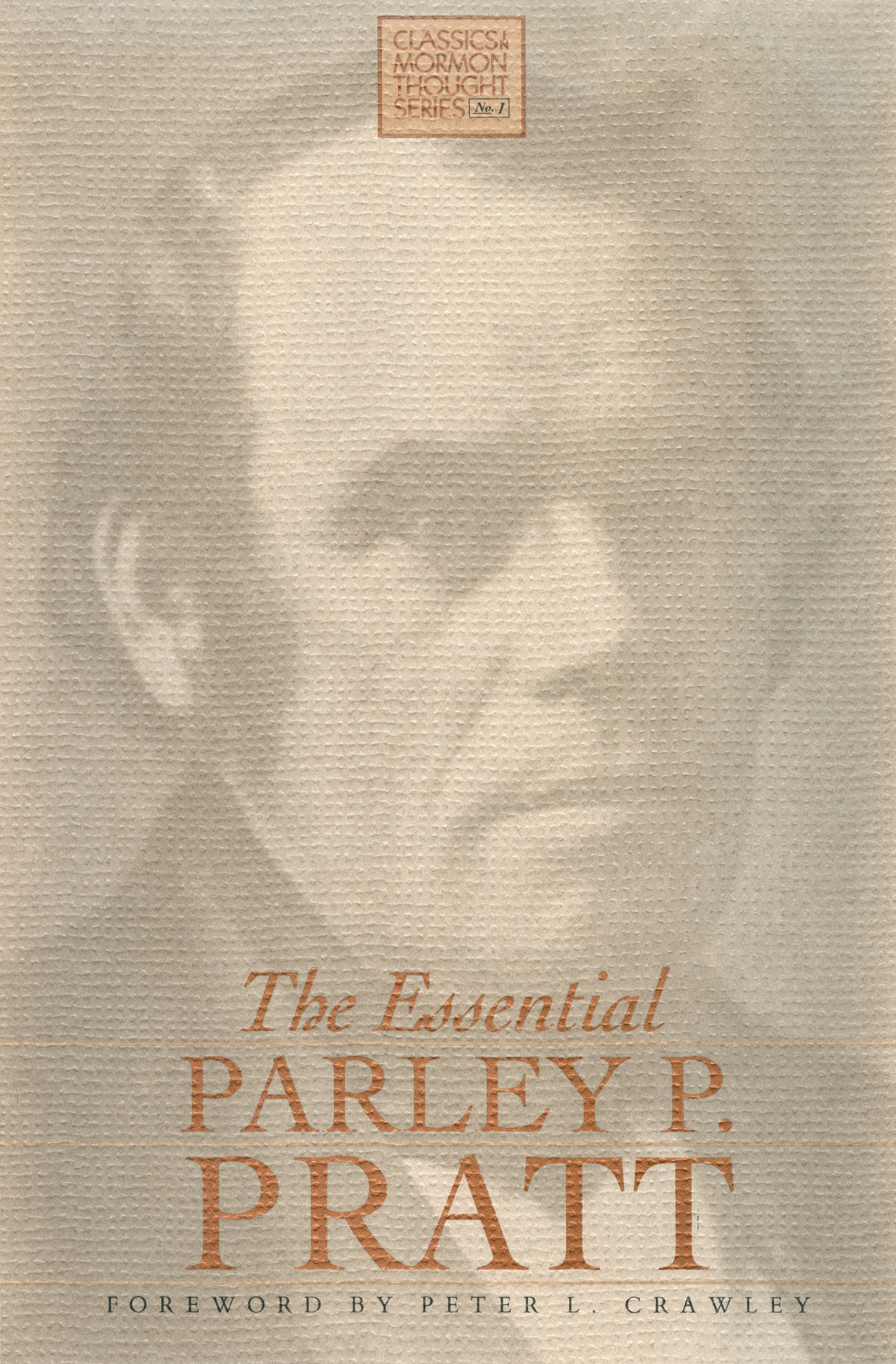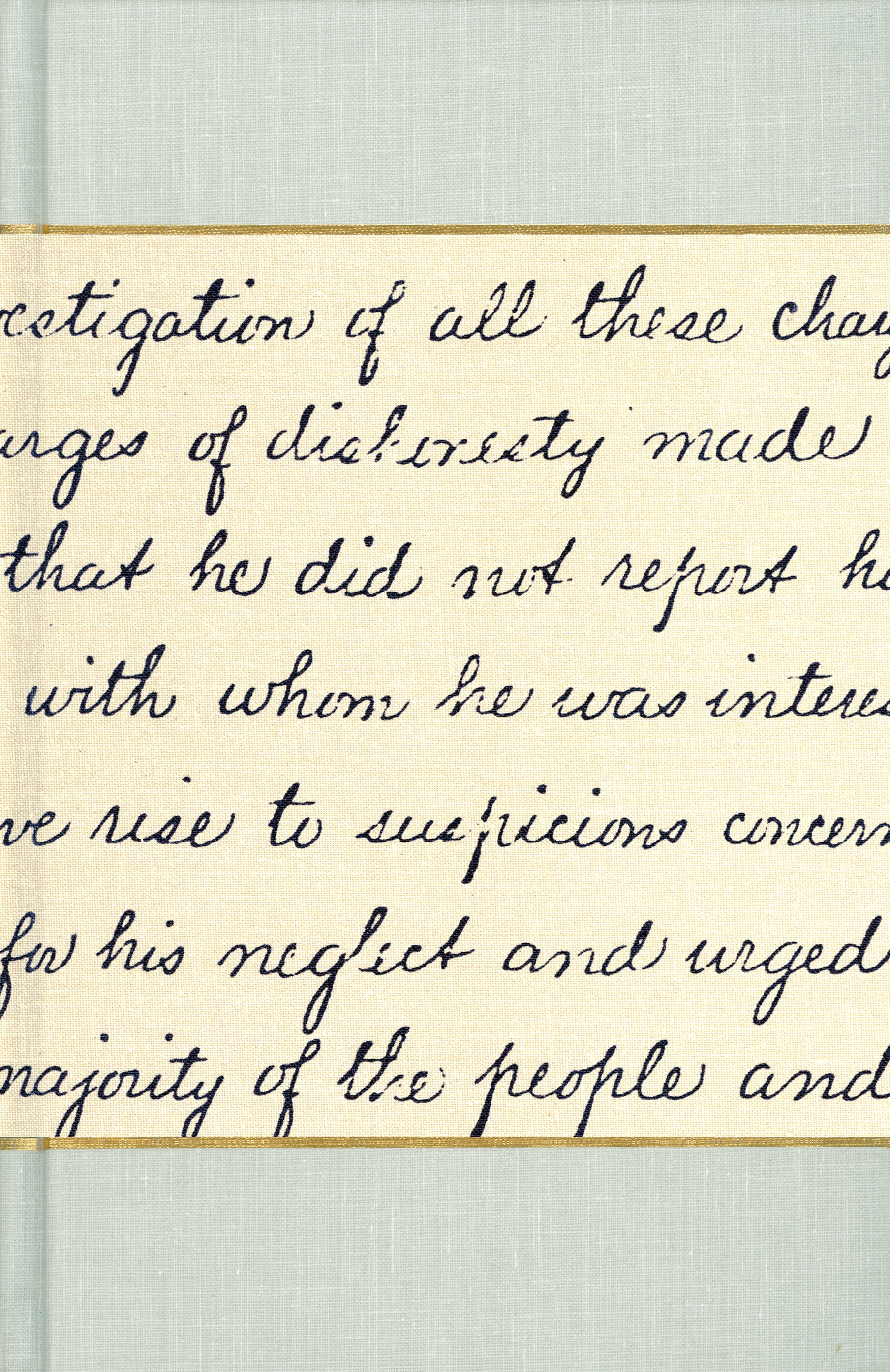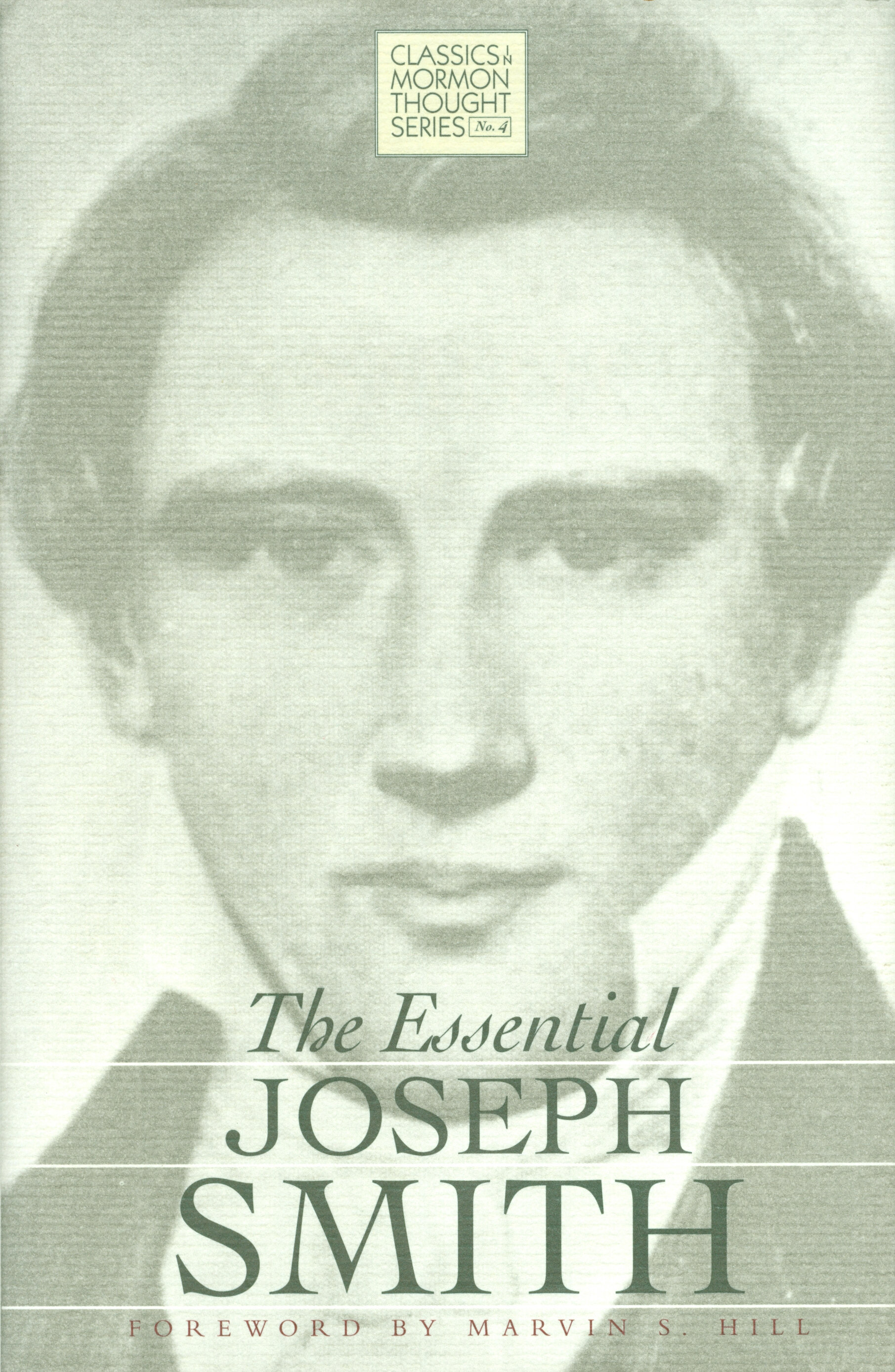 Image 1 of 1
Image 1 of 1


The Council of Fifty
The Council of Fifty: A Documentary History
edited by Jedediah S. Rogers
foreword by Klaus J. Hansen
Mormon leader Joseph Smith had an ambiguous relationship with the United States government. He was fond of the US Constitution but distrusted democracy, even “republican forms of government,” because people could as easily turn against you as stand by you. Instead, he voiced approval of “theocracy” and led a council of Mormons and non-Mormons who would oversee secular matters. He put his idea into practice in 1844 in Illinois by creating the secret Council of Fifty, saying it would replicate the “councils of the gods” in heaven.
His intent was to have an organization that would supervise political campaigns and send explorers out in search of locations where the church could establish satellite colonies. As events unfolded, their scouting forays into Oregon and Texas proved useful when things fell apart in Illinois and they began looking for a new home.
In the Great Basin the council oversaw everything from water rights to the regulation of hunting and grazing during the first few years in the valley. The council later appointed a Committee of Seven to monitor the federal “Board of Registration and Election in the Territory of Utah” and to approve candidates for elections, typically only allowing one candidate per office.
There was concern about what to do with serious law breakers. For instance, should criminals be executed publicly or would it instill more fear in would-be offenders to privately execute someone without announcing it. This would possibly make evil doers “tremble for fear it would be their time next.” The council took a surprisingly cynical stance vis-a-vis native Americans. “This present race of Indians will never be converted [to Mormonism],” the minutes read. “It mattereth not whether they kill one another off or somebody else do it, & as for our sending missionaries among them to convert them, it is of no use.” Always prominent in these discussions, Brigham Young alternately encouraged council members to voice their opinions and at other times lowered the hammer, losing his patience once and saying he thought no one in the valley was worth saving.
Among the council’s more controversial practices was how it anointed its leader their temporal king. “After listening to some current items of news” in 1885, council president John Taylor “directed [someone] to read a revelation which [Taylor] said he [had] received … requiring him to be anointed & set apart as a king [and] priest and ruler over Israel on the earth,” upon which they “proceed[ed] to obey the requirement of the revelation.”
Whether it was fealty to king or fraternity generally that drove their emotions, the members felt an inseparable bond, writing about how they spent hours together in “sweet conversation.” One council member described one of the meetings as “a long session but pleasant and harmonious,” while another wrote that “much precious instructions were given, and it seems like heaven began on earth and the power of God is with us.”
ebook: $9.99
The Council of Fifty: A Documentary History
edited by Jedediah S. Rogers
foreword by Klaus J. Hansen
Mormon leader Joseph Smith had an ambiguous relationship with the United States government. He was fond of the US Constitution but distrusted democracy, even “republican forms of government,” because people could as easily turn against you as stand by you. Instead, he voiced approval of “theocracy” and led a council of Mormons and non-Mormons who would oversee secular matters. He put his idea into practice in 1844 in Illinois by creating the secret Council of Fifty, saying it would replicate the “councils of the gods” in heaven.
His intent was to have an organization that would supervise political campaigns and send explorers out in search of locations where the church could establish satellite colonies. As events unfolded, their scouting forays into Oregon and Texas proved useful when things fell apart in Illinois and they began looking for a new home.
In the Great Basin the council oversaw everything from water rights to the regulation of hunting and grazing during the first few years in the valley. The council later appointed a Committee of Seven to monitor the federal “Board of Registration and Election in the Territory of Utah” and to approve candidates for elections, typically only allowing one candidate per office.
There was concern about what to do with serious law breakers. For instance, should criminals be executed publicly or would it instill more fear in would-be offenders to privately execute someone without announcing it. This would possibly make evil doers “tremble for fear it would be their time next.” The council took a surprisingly cynical stance vis-a-vis native Americans. “This present race of Indians will never be converted [to Mormonism],” the minutes read. “It mattereth not whether they kill one another off or somebody else do it, & as for our sending missionaries among them to convert them, it is of no use.” Always prominent in these discussions, Brigham Young alternately encouraged council members to voice their opinions and at other times lowered the hammer, losing his patience once and saying he thought no one in the valley was worth saving.
Among the council’s more controversial practices was how it anointed its leader their temporal king. “After listening to some current items of news” in 1885, council president John Taylor “directed [someone] to read a revelation which [Taylor] said he [had] received … requiring him to be anointed & set apart as a king [and] priest and ruler over Israel on the earth,” upon which they “proceed[ed] to obey the requirement of the revelation.”
Whether it was fealty to king or fraternity generally that drove their emotions, the members felt an inseparable bond, writing about how they spent hours together in “sweet conversation.” One council member described one of the meetings as “a long session but pleasant and harmonious,” while another wrote that “much precious instructions were given, and it seems like heaven began on earth and the power of God is with us.”
ebook: $9.99
Jedediah S. Rogers is co-editor of the Utah Historical Quarterly. He is the author of the 2012 Wallace Stegner Prize-winning book, Roads in the Wilderness: Conflict in Canyon Country, and editor of In the President’s Office: The Diaries of L. John Nuttall, 1879–1892, winner of the Mormon History Association’s 2008 Best Documentary Book Award and Utah State University Evans Handcart Award.
Klaus J. Hansen is the retired, longtime Professor of History at Queen’s University in Ontario who wrote the groundbreaking work, Quest for Empire: The Political Kingdom of God and the Council of Fifty, winner of the 1967 Mormon History Association Best Book Award. He is also the author of Mormonism and American Culture and Mormonism and the American Experience.
Documentary History, History
ISBN: 978-1-56085-311-4

